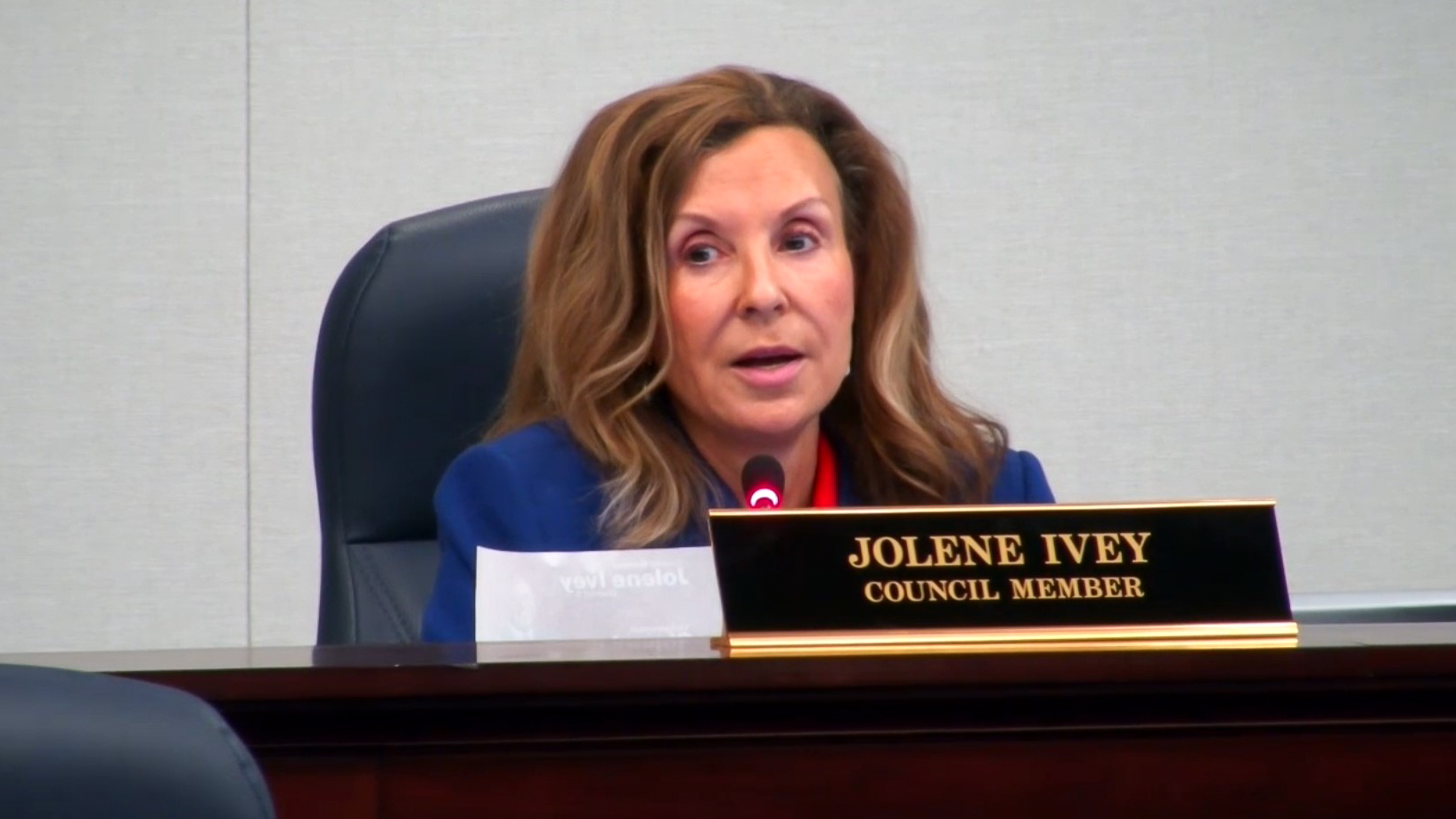Two weeks after passing a bill to stabilize rent increases, the Prince George’s County Council’s planning, housing, and economic development committee reviewed two additional bills on Tuesday to aid low-income residents with rising rent costs.
The bills, CB-023 and CB-024, both aim to create a rental assistance fund for lower-income county residents. However, both proposed measures differ in the length of assistance, amount of assistance, and thresholds for qualifying for county assistance.
Proposed by the county council’s liberal majority, CB-023 awards rental assistance to households who earn equal to or less than 60 percent of the median income in the Washington, D.C., metropolitan area. Qualifying residents will receive rental assistance up to 20 percent of their monthly rent for six months in a two-year period.
But CB-024 only awards assistance to tenants who received a monthly rent increase of three percent, plus inflation costs, and earn equal to or less than 50 percent of the median income in the Washington D.C. metropolitan area. Tenants are eligible to receive assistance for up to 12 months or the remainder of the resident’s lease in a three-year period.
Despite the differences between the bill, at-large council member and CB-024 sponsor Mel Franklin commended the county council for discussing an issue that is affecting a majority of county residents.
“CB-023 looks a lot like parts of CB-024,” Franklin said. “We are all thinking about the same thing in terms of providing rental assistance funds to our residents.”
District 7 council member and CB-023 sponsor Krystal Oriadha echoed Franklin’s sentiments and said she hoped to continue the momentum toward addressing affordable housing, after passing the rent stabilization bill in February.
[Maryland General Assembly introduces bill to create selection panel for PGCPS CEO search]
“We did a first step when we passed the temporary rent stabilization bill,” Oriadha said. “As we all know, that is just part of the solution. Another part has to be assistance.”
Oriadha hoped to receive at least $500,000 for the potential programs in the 2024 fiscal year.
While CB-023 focuses solely on rental assistance, CB-024 offers additional components to achieve affordable housing.
CB-024 also addresses rent gouging and creates an assistance program for low-income first-time home buyers. It bans landlords from increasing monthly rent above 20 percent for non-senior and non-veteran housing, and bans increases of more than 10 percent for senior, and veteran restricted housing, with the exception of properties that have undergone a “major renovation.” The amendment is based on a similar measure proposed last week in neighboring Montgomery County.
Assisting renters in the county in the home-buying process is a key first step for attaining generational wealth across the county, Franklin said.
But the home-buying assistance program received pushback from several council members.
Planning, housing and economic development committee chair and District 5 council member Jolene Ivey emphasized the need to support homeowners after buying a house, rather than before.
[PGCPS creates survey system, equity dashboard to highlight achievement gaps]
“It is one thing to be able to buy a home, but it is another thing to be able to afford a home,” Ivey said.
In addition, both bills received opposition from Prince George’s County Executive Angela Alsobrooks.
County Council Liaison Terry Bell, who represents the county executive, highlighted that the rent stabilization bill passed in February created a work group focused on addressing long-term affordable housing. As a result, the county executive hopes to pause additional bills regarding rising rents until the work group makes its recommendations.
Bell also said that the nearly half a million dollars necessary for the bill would be impractical given the county’s budget constraints.
“The county budget can’t accommodate supporting the fund as we are making every effort to provide services that our residents expect and deserve,” Bell said.
Despite the county executive’s opposition, CB-023 was unanimously passed out by the planning, housing, and economic development committee 5-0. CB-024 was held in committee due to multiple late amendments made to the bill.
CB-023 is expected to be presented to the entire county council next week.



